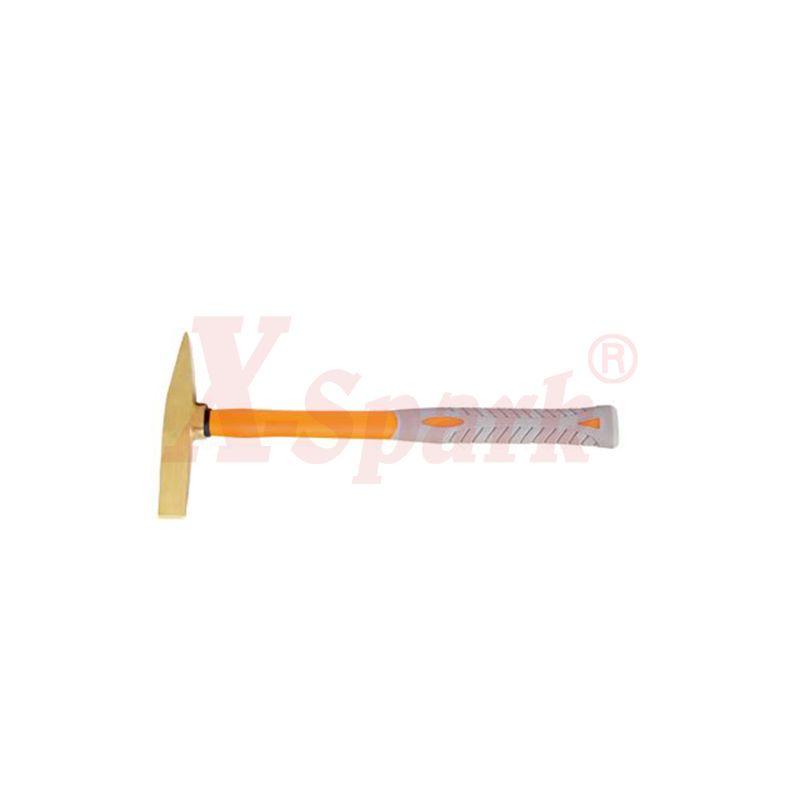Metals Spark

ఉత్పత్తి వివరణ
Metals Spark
https://www.safetytools.com.cn/security-tools/what-metals-spark-when-struck.html
What Metals Spark When Struck
Items made of carbon steel, stainless steel, cast iron or wrought iron are all likely to produce sparks. Non-ferrous metals include aluminum, copper, brass, silver and lead.
Why do sparks occur when metals are struck?
When grinding metals, sparks are produced due to friction. A rotating grinder cuts through metal molecules, rubbing them and generating heat. In the process, some particles break loose and burn due to this heat.
Does metal on metal cause sparks?
Whenever small pieces of metal come off a surface, they heat up and ignite due to friction. The sparks produced are small pieces of metal that burn when they encounter oxygen in the air. Sparks from cutting or grinding metal can be dangerous.
Does aluminum cause sparks?
In addition, aluminum may produce sparks if it is not nonferrous. Although pure non-ferrous aluminum is non-sparking, aluminum alloys are often used due to availability, cost and strength properties.
Does bronze glow?
Bronze is electrically conductive, but does not spark. These tools have a long history in mechanical engineering and combat and are an excellent addition to any tool kit. Aluminum bronze is a lightweight alternative to many of the heavier copper-based alloys. While not as strong as beryllium blends, this alloy can hold its own.
Can brass light a fire?
Unlike ferrous metals (those containing iron) that spark on impact, brass does not spark on impact. Brass is considered to be "non-sparking". Brass can also withstand low temperatures. This is important because the vaporization of LPG causes the cylinder and valve to become very cold.
Can brass cause sparks?
Sparking with a metal that has low thermal conductivity is a good thing. Copper is not good at generating sparks and has high electrical conductivity. Safety tools made of copper, such as bronze and beryllium, are unlikely to produce sparks.

